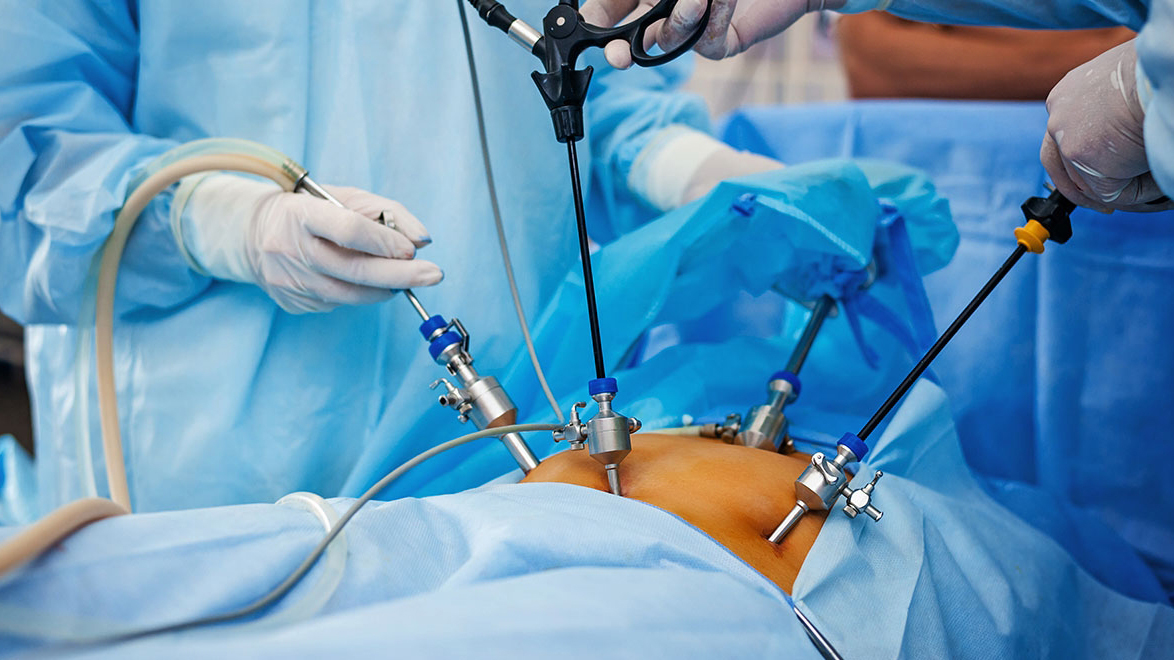
17 اسفند Gastric bypass A to Z
Dr. Alemrajabi – Gastric bypass surgery is a type of bariatric (similar to sleeve surgery) for obese people who can not loss weight with conventional ways. Obesity can have many side effects and even life-threatening consequences. These surgeries should not considered as the first way to lose weight and slimming, because there may be irreparable consequences for the person in case of unnecessary action for this surgery. This surgery is only considered as the last way to lose weight when you are not able to lose extra weight, even with exercise, diet, and lifestyle changes.During gastric bypass surgery, your Dr. makes changes to your stomach and small intestine to change the way it absorb and digest foods.
Gastric bypass aids weight loss by:
- Restricting the amount of food that your stomach holds
- Limiting the amount of calories and nutrients your body absorbs
After a Roux-en-Y, food passes directly from the stomach into the jejunum, bypassing the duodenum. This curbs your absorption of calories and nutrients. This weight loss method is called “malabsorptive.”
Stomach stapling and Roux-en-Y are typically done during the same surgery and together are called a “Roux-en-Y gastric bypass.”
This method can lead to 80 to 100 percent weight loss in people with a body mass index above 40 who are unable to lose weight with exercise and diet.
Of course, people with background conditions such as cardiovascular disease, diabetes, high blood pressure, metabolic syndromes, skeletal disease, or osteoarthritis who have a body mass index of 35 or higher can also receive this treatment.
Usually, surgeons do both laparoscopically (using tools inserted through small cuts in the belly). When laparoscopy isn’t possible, surgeons may do a laparotomy (involving a large cut in the middle of the belly).
Some people have complications that may include:
- Bleeding
- Blood clot (pulmonary embolism)
- Leak in the surgical connections with the intestines
- Wound infections
- Respiratory problems
- Adverse reactions to anesthetic drugs
- Hernia
- Ulcers
- Ileus
- nausea and vomiting
The body may also show reactions such as the following after rapid weight loss following bypass surgery:
- Mood swings
- body pain
- Colds or low immunity
- Dryness and thinning of the skin
- hair loss
- Dumping Syndrome
- Ulcers
- Malnutrition
Gastric bypass surgery and other weight loss surgeries are performed in a hospital under general anesthesia. The details of the surgery depend on the person’s condition, the type of surgery being performed on you, and your hospital and doctor. This surgery is performed in two ways, laparotomy and laparoscopic. The laparoscopic type is less invasive and the recovery time after it is shorter and faster, but this method is not suitable for everyone. This surgery is usually time consuming and may take several hours. After the surgery, you will be transferred to the recovery room to regain consciousness under the supervision of the medical staff. After recovery, you will be hospitalized for three to five days, and you will probably not be allowed to eat for two days after surgery, after that you should follow a special diet for 12 weeks (3 months). At first, it only contains fluids, and then normal foods enter your diet over time. You should note that this surgery will have many dietary limitations and you will need to be monitored regularly by your doctor and perform several tests.



No Comments